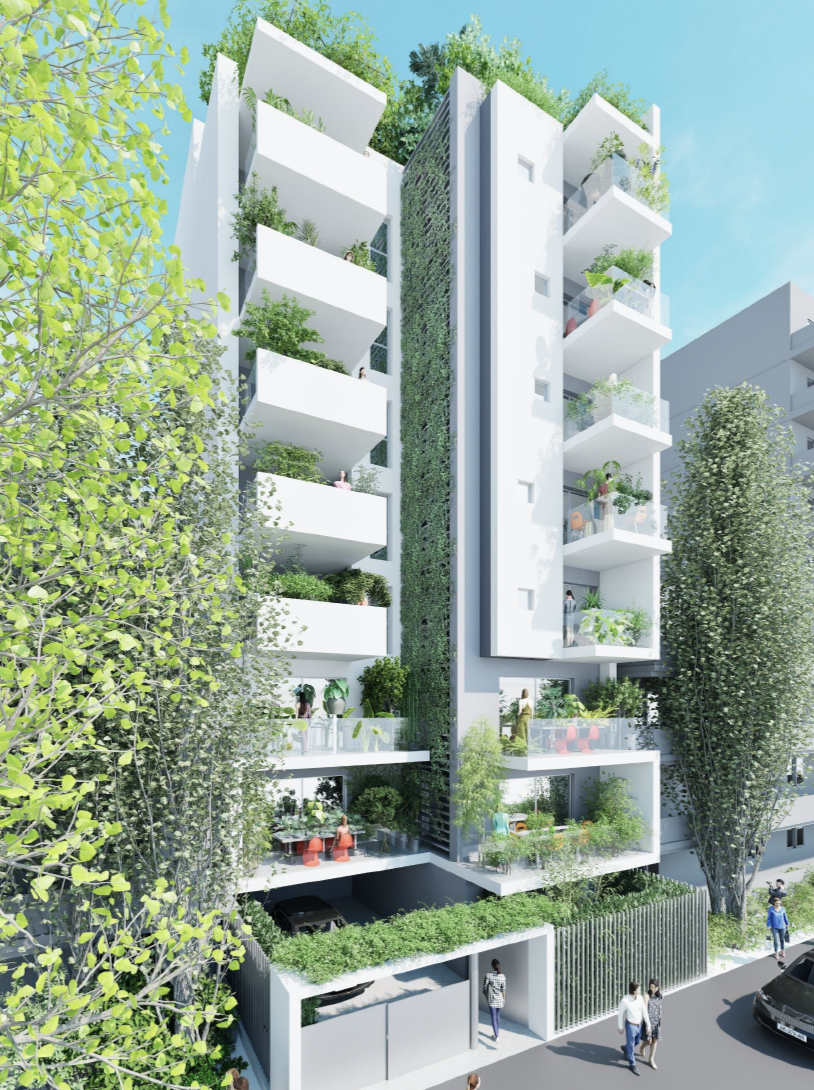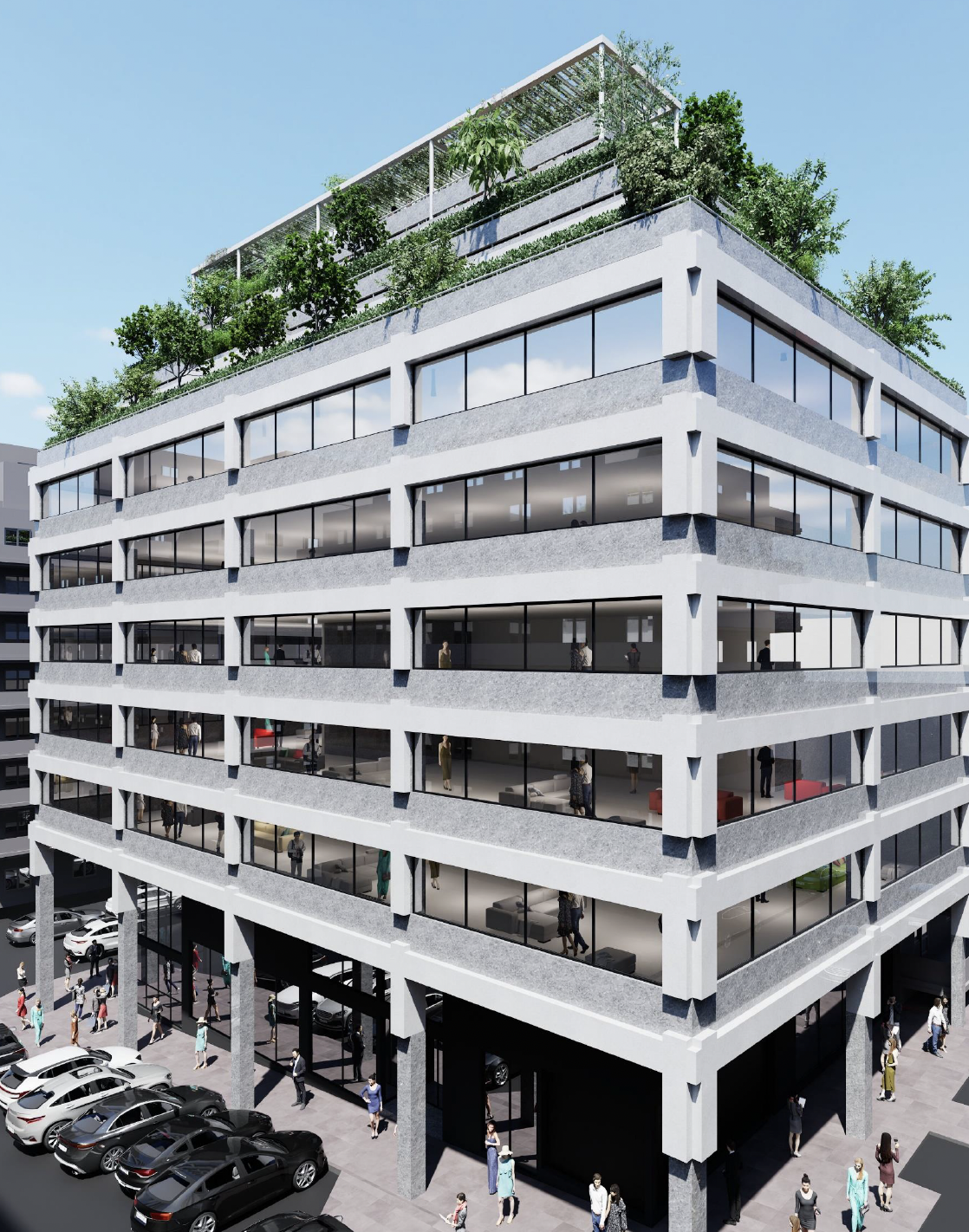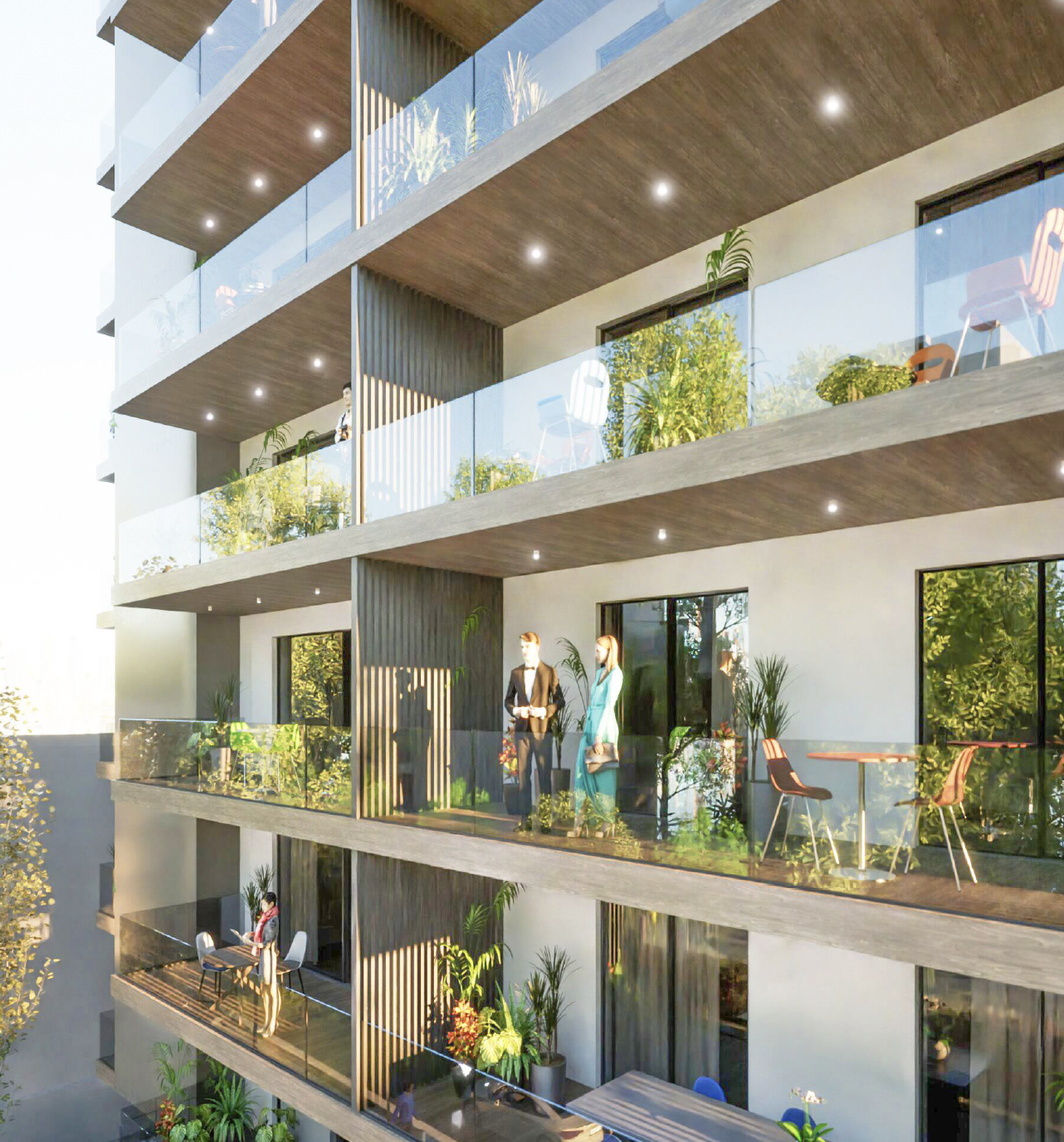Bursa, a city in northwest Turkey, is renowned for its rich historical architecture that reflects the influence of Ottoman architectural styles. The city’s iconic buildings not only showcase the region’s history but also play a significant role in the real estate market. Preservation efforts have been made to protect these historical gems, as they add immense value to Bursa’s properties. Furthermore, the connection between historical architecture and tourism in Bursa cannot be overlooked, attracting visitors from all over the world. In this blog post, we will delve into the intriguing world of Bursa’s historical architecture, exploring its significance in both real estate and tourism industries.
Introduction to Bursa’s Historical Architecture
Bursa, the fourth-largest city in Turkey, is not only known for its natural beauty and vibrant culture but also for its rich historical architecture. As the first capital of the Ottoman Empire, Bursa boasts a diverse range of architectural styles that have shaped the city’s identity over centuries. From the magnificent mosques to the grand tombs and ancient city walls, the historical buildings in Bursa hold a significant place in the hearts of its residents and visitors alike. In this blog post, we will take you on a journey to explore the fascinating world of Bursa’s historical architecture.
One of the major influences on Bursa’s historical architecture is the Ottoman Empire. After the conquest of Bursa in the 14th century, the Ottomans introduced their unique architectural style, blending elements of Islamic, Byzantine, and Seljuk traditions. This fusion resulted in the emergence of buildings that showcased intricate ornamentations, soaring domes, and elegant arches. The Ottoman architectural style can be seen in iconic structures such as the Great Mosque (Ulu Cami), which is considered one of the most important examples of early Ottoman architecture. Its impressive size, intricate calligraphy, and decorative tiles reflect the grandeur of the era.
Moreover, Bursa’s real estate market is closely connected to its historical architecture. The presence of historic buildings not only adds character and charm to the city but also plays a crucial role in attracting potential property buyers and investors. Many individuals are captivated by the idea of owning a piece of history and thus, are willing to invest in properties that are located within the vicinity of these historical landmarks. The unique ambiance created by the historical architecture enhances the value of Bursa properties, making it an appealing choice for those seeking an authentic and culturally-rich living experience.
- Historical significance
- Architectural fusion
- Property value
| Building | Architectural Style | Year of Construction |
|---|---|---|
| Great Mosque (Ulu Cami) | Ottoman | 1399 |
| Tomb of Osman Gazi | Seljuk | 1326 |
| Bursa City Walls | Byzantine | 5th century |
The Influence of Ottoman Architectural Styles in Bursa
The city of Bursa, located in the northwestern part of Turkey, holds a significant place in the country’s history. As the first capital of the Ottoman Empire, Bursa is home to remarkable historical architecture that reflects the rich cultural heritage of the region. The influence of Ottoman architectural styles can be seen throughout the city, making it a fascinating destination for architecture enthusiasts and history buffs alike.
One of the distinct features of Ottoman architecture is its unique blend of various architectural styles. Ottoman architects drew inspiration from Byzantine, Seljuk, and Persian architectural traditions, incorporating elements from each to create their own distinctive style. The use of domes, arches, and minarets are key characteristics of Ottoman architecture, which can be seen in many structures in Bursa.
One of the most iconic examples of Ottoman architecture in Bursa is the Grand Mosque, also known as the Ulucami. Built in the 14th century, the mosque showcases the grandeur and elegance of Ottoman design. Its massive central dome, supported by four large columns and adorned with intricate calligraphy, is a testament to the skilled craftsmanship of the time.
In addition to mosques, Ottoman architectural styles can also be found in the numerous historical buildings and houses in Bursa. The use of ornate wooden carvings, colorful tiles, and geometric patterns are common elements seen in these structures. These architectural details not only add aesthetic value but also reflect the social and cultural context in which they were created.
The preservation efforts for historical buildings in Bursa are crucial in ensuring their longevity and cultural significance. Organizations and institutions dedicated to the preservation of historical architecture play a vital role in maintaining and restoring these structures. By protecting these valuable landmarks, Bursa can continue to showcase its unique architectural heritage to future generations.
| Key Takeaways |
|---|
| The influence of Ottoman architectural styles can be seen throughout Bursa, reflecting the rich cultural heritage of the region. |
| Ottoman architecture incorporates elements from various architectural traditions, including Byzantine, Seljuk, and Persian. |
| The Grand Mosque is an iconic example of Ottoman architecture in Bursa, featuring a grand central dome and intricate calligraphy. |
| Historical buildings in Bursa often showcase ornate wooden carvings, colorful tiles, and geometric patterns. |
| Preservation efforts are vital in maintaining and restoring Bursa’s historical architecture. |
Overall, the influence of Ottoman architectural styles in Bursa is undeniable. The city’s historical buildings and structures not only add value to its real estate market but also contribute to its cultural identity and tourism industry. By appreciating and preserving these architectural treasures, Bursa can continue to inspire and captivate visitors for years to come.
Exploring Iconic Buildings in Bursa’s Real Estate
Bursa, a city rich in history and culture, is home to numerous iconic buildings that hold great significance in its real estate market. These architectural jewels not only add to the city’s charm but also contribute to the value of properties in Bursa. From splendid Ottoman-era structures to magnificent examples of modern design, Bursa’s iconic buildings showcase the city’s diverse architectural styles and attract both locals and tourists alike.
When it comes to exploring iconic buildings in Bursa’s real estate, one cannot overlook the grandeur of the Great Mosque, also known as the Ulu Cami. This stunning mosque, dating back to the 14th century, is an architectural masterpiece that reflects the influence of Ottoman design. Its intricate calligraphy, elegant domes, and ornate interior make it a must-visit for anyone interested in historical architecture.
In addition to the Great Mosque, the Green Mosque, or Yeşil Cami, is another iconic building that captivates visitors. This mosque, built in the early 15th century, is renowned for its striking green-blue tiles that adorn its walls, hence its name. The exquisite craftsmanship and delicate details of the Green Mosque exemplify the beauty of Ottoman architectural styles.
- The Great Mosque (Ulu Cami)
- The Green Mosque (Yeşil Cami)
- The Clock Tower (Saat Kulesi)
Furthermore, Bursa’s real estate landscape features the impressive Clock Tower, which stands as a symbol of the city. Built in the late 19th century, this iconic structure blends European and Ottoman architectural elements, showcasing the city’s transition from the traditional to the modern. The Clock Tower not only has historical significance but also offers panoramic views of Bursa from its observation deck, making it a popular destination for both locals and tourists.
| Iconic Buildings | Architectural Style | Year Built |
|---|---|---|
| Great Mosque | Ottoman | 14th century |
| Green Mosque | Ottoman | Early 15th century |
| Clock Tower | European and Ottoman fusion | Late 19th century |
These iconic buildings not only serve as architectural marvels but also contribute to the real estate market in Bursa. The historical significance and aesthetic appeal of these structures add value to properties situated in their vicinity. Homebuyers and investors are often drawn to the charm and unique character that these buildings bring to the surrounding neighborhoods, making them highly sought-after locations for residential and commercial projects.
In conclusion, the exploration of iconic buildings in Bursa’s real estate unveils a rich tapestry of historical architecture that enhances the city’s allure. The Great Mosque, the Green Mosque, and the Clock Tower stand as prime examples of Bursa’s diverse architectural heritage and attract visitors from all around the world. These iconic buildings not only showcase the influence of Ottoman design but also contribute to the value of properties in their vicinity. Whether one is interested in history, culture, or real estate investments, exploring Bursa’s iconic buildings is a must.
Preservation Efforts for Historical Buildings in Bursa
Bursa, known for its rich history and stunning architecture, is home to numerous historical buildings that are both culturally significant and architecturally impressive. However, over the years, these buildings have faced the threat of deterioration and destruction. In order to combat this, preservation efforts for historical buildings in Bursa have been undertaken to ensure that these architectural marvels are conserved for future generations.
One of the main reasons for the preservation of historical buildings in Bursa is the recognition of their cultural and historical value. These buildings serve as a testament to the city’s past and are a reflection of the architectural styles and influences that have shaped Bursa over the centuries. By preserving these buildings, the city is able to maintain a connection to its history and heritage.
Preservation efforts for historical buildings in Bursa involve a range of activities and initiatives. One such initiative is the restoration of these buildings to their original condition. This often involves repairing damages, reinforcing structures, and using authentic materials and techniques to recreate the historical character of the building. Additionally, efforts are made to ensure that any alterations or additions to the buildings are done in a way that is sympathetic to the original design and style.
Another important aspect of the preservation efforts is the establishment of conservation guidelines and regulations. These guidelines set out the standards and requirements for the maintenance and upkeep of historical buildings in Bursa. They help to ensure that any renovations or changes to the buildings are done in a way that does not compromise their historical integrity. By having these guidelines in place, Bursa can protect its historical buildings for future generations.
In addition to restoration and conservation guidelines, public awareness and education play a vital role in the preservation efforts for historical buildings in Bursa. The local community is encouraged to appreciate and value these buildings, their history, and significance. This can be achieved through educational programs, guided tours, and cultural events that highlight the importance of historical architecture in Bursa. By fostering a sense of pride and ownership among the residents, the preservation efforts can be sustained in the long run.
In conclusion, the preservation of historical buildings in Bursa is crucial to safeguard the city’s rich architectural heritage. Through restoration, conservation guidelines, and public awareness initiatives, these efforts aim to ensure that these buildings continue to be a source of pride and inspiration for future generations. By preserving these architectural gems, Bursa can maintain its unique identity and serve as a testament to its rich history.
The Role of Historical Architecture in Bursa’s Real Estate Market
The city of Bursa, located in northwestern Turkey, is not only renowned for its natural beauty and rich history, but also for its magnificent historical architecture. These historical buildings play a significant role in shaping the real estate market of Bursa, attracting both locals and tourists alike.
First and foremost, historical architecture adds a unique charm and character to the city of Bursa. The presence of well-preserved historical buildings not only enhances the aesthetic appeal of the city but also creates a sense of nostalgia and connection to the past. Buyers and investors are often drawn to properties that showcase the city’s rich architectural heritage, as these buildings have stood the test of time and hold immense cultural value.
Moreover, historical architecture in Bursa greatly contributes to the value of real estate in the city. Properties located in or near historical buildings are often in high demand due to their cultural significance and proximity to important landmarks. The scarcity of such properties also drives up their value, making them lucrative investments for both individuals and businesses.
- Historical architecture in Bursa adds a unique charm and character to the city.
- These buildings create a sense of nostalgia and connection to the past.
- Properties located near historical buildings are often in high demand.
Additionally, the preservation efforts for historical buildings in Bursa play a crucial role in boosting the real estate market. The government and various organizations actively work towards the restoration and conservation of these architectural gems, ensuring that they remain intact for future generations. This focus on preservation not only protects the city’s historical heritage but also adds value to the surrounding properties.
Historical architecture in Bursa also has a profound impact on tourism in the city. Tourists are often drawn to destinations that offer a glimpse into the past, and Bursa’s historical buildings provide exactly that. The presence of these architectural wonders not only attracts tourists but also creates opportunities for businesses in the tourism industry. Hotels, restaurants, and shops located in or around historical areas benefit greatly from the influx of tourists, further fueling the real estate market.
| Key Points | Benefits |
|---|---|
| Historical architecture adds charm and character to Bursa. | Enhances aesthetic appeal and cultural value. |
| Properties near historical buildings are in high demand. | Increase in property value and investment opportunities. |
| Preservation efforts protect the city’s historical heritage. | Enhanced value of surrounding properties. |
| Historical architecture attracts tourists. | Opportunities for businesses in the tourism industry. |
In conclusion, historical architecture plays a crucial role in shaping the real estate market of Bursa. The presence of well-preserved historical buildings adds a unique charm and character to the city, attracting buyers and investors. These architectural wonders not only enhance the value of surrounding properties but also contribute to the tourism industry. The preservation efforts further protect the city’s historical heritage and boost the overall real estate market. Bursa’s historical architecture is not just a reflection of its past but also a driving force in its present and future.
How Historical Buildings Add Value to Bursa Properties
Historical buildings are not only significant in preserving the cultural heritage of a city but also play a crucial role in adding value to its real estate market. Bursa, with its rich history and architectural marvels, is no exception. The presence of historical buildings in a city like Bursa not only enhances the aesthetic appeal but also attracts tourists and investors, ultimately leading to an increase in property value.
One of the main reasons historical buildings add value to Bursa properties is their uniqueness and charm. These architectural gems are often adorned with intricate detailing, unique craftsmanship, and an irreplaceable historical character. As a result, owning a property with such historical significance becomes a matter of pride for many individuals, leading to increased demand and competition in the real estate market.
Moreover, historical buildings often provide a glimpse into the city’s past and cultural identity. They serve as a tangible link to Bursa’s history, traditions, and architectural styles. Tourists and visitors are attracted to the charm of these buildings, which in turn boosts the tourism industry in Bursa. As a result, the demand for properties surrounding these historical landmarks increases, positively affecting the property values in the area.
- Unique aesthetics: Historical buildings possess unique aesthetics and architectural features that make them stand out.
- Preservation of cultural heritage: These buildings hold immense historical and cultural value, preserving the city’s heritage.
- Increased tourism: The presence of historical buildings attracts tourists, leading to an influx of visitors and potential property buyers.
- Enhanced property demand: Properties located near historical buildings are highly sought after, driving up property values.
| Historical Building | Location | Architectural Style |
|---|---|---|
| Koza Han | Heykel District | Ottoman |
| Ulu Cami | City Center | Ottoman |
| Yeşil Cami | Yeşil District | Seljuk |
In conclusion, historical buildings in Bursa not only serve as reminders of the city’s cultural heritage but also significantly contribute to the value of properties nearby. Their unique aesthetics, cultural preservation, and attraction to tourism drive property demand and ultimately lead to an increase in property values. Investing in these properties not only offers a luxurious and historical experience but also provides a promising return on investment in the long run.
Connecting Historical Architecture and Tourism in Bursa
Historical architecture and tourism in Bursa are closely intertwined, creating a unique experience for visitors. Bursa, located in northwestern Turkey, is known for its rich history and cultural heritage. The city boasts a wide range of historical buildings that reflect various architectural styles, including Ottoman, Seljuk, and Byzantine. These buildings not only showcase the city’s rich past but also play a significant role in attracting tourists from all over the world.
One of the key factors that make historical architecture in Bursa a magnet for tourists is its aesthetic appeal. The intricate designs, delicate ornamentation, and striking features of these buildings are a testament to the craftsmanship and creativity of the past. From the grand mosques to the charming houses, every historical building in Bursa has a story to tell, captivating visitors with its beauty and architectural ingenuity.
In addition to their visual allure, historical buildings in Bursa also offer a glimpse into the city’s fascinating past. Each building carries with it a unique history, allowing tourists to travel back in time and understand the cultural and social dynamics of that era. Walking through the narrow streets lined with historical houses, one can feel the echoes of the past, experiencing the city’s rich heritage firsthand.
- Historical architecture in Bursa also plays a crucial role in promoting tourism in the region. The preservation and restoration efforts undertaken by the authorities and local communities ensure that these buildings remain intact, attracting tourists with their authenticity and charm. Visitors are often drawn to the historical sites, museums, and landmarks that showcase Bursa’s architectural treasures.
- Beyond their visual and historical significance, historical buildings also contribute to the economic growth of Bursa’s tourism sector. Tourists visiting the city often seek accommodation close to these architectural gems, creating a demand for hotels and guesthouses in the vicinity. As a result, real estate in areas with significant historical architecture experiences an increase in value, offering potential opportunities for investors and property developers.
- Moreover, the connection between historical architecture and tourism extends beyond the physical structures themselves. The experience of exploring Bursa’s historical buildings goes hand in hand with other aspects of tourist attractions, such as local cuisine, traditional handicrafts, and cultural events. The preservation and promotion of historical architecture in Bursa are essential for creating a holistic and immersive tourism experience.
| Benefits of Connecting Historical Architecture and Tourism in Bursa: |
|---|
| 1. Preservation of cultural heritage |
| 2. Attraction of tourists from around the world |
| 3. Economic growth and investment opportunities |
| 4. Enriching the overall tourism experience |
In conclusion, historical architecture in Bursa serves as a significant link to the city’s rich heritage, attracting tourists and contributing to the growth of its tourism industry. The aesthetic appeal, historical significance, and economic benefits associated with these architectural treasures make them a vital aspect of Bursa’s tourism landscape. Preserving and promoting historical buildings not only adds value to the city’s properties but also provides visitors with a unique and immersive experience, connecting them to Bursa’s fascinating past.
Frequently Asked Questions
1. What is the influence of Ottoman architectural styles in Bursa?
Ottoman architectural styles heavily influenced the construction of buildings in Bursa. The city showcases magnificent structures such as mosques, madrasas, and hamams, all built in the distinct Ottoman architectural style characterized by domes, minarets, and intricate decorations.
2. What are some iconic buildings in Bursa’s real estate market?
Some iconic buildings in Bursa’s real estate market include the Grand Mosque (Ulu Cami), Green Mosque (Yeşil Cami), Bursa Clock Tower, and Bursa City Hall. These buildings not only have historical and cultural significance but also contribute to the charm and appeal of the city’s real estate landscape.
3. What efforts are being made to preserve historical buildings in Bursa?
Various preservation efforts are in place to protect Bursa’s historical buildings. The Bursa Metropolitan Municipality, along with other organizations, undertakes restoration projects, conducts regular maintenance, and implements strict regulations to ensure the preservation of the city’s architectural heritage.
4. What role does historical architecture play in Bursa’s real estate market?
Historical architecture is highly valued in Bursa’s real estate market as it adds uniqueness and character to properties. The presence of historical buildings creates a sense of heritage and contributes to the overall aesthetic appeal, attracting both local and international property buyers.
5. How do historical buildings add value to Bursa properties?
Historical buildings add value to Bursa properties through their cultural and historical significance. These properties often have unique features and designs that make them stand out in the market. They also have the potential to become tourist attractions, generating additional income for property owners.
6. How does historical architecture connect with tourism in Bursa?
Historical architecture is closely linked to tourism in Bursa. Tourists visiting the city are often drawn to its rich history and cultural heritage, including the iconic historical buildings. These sites serve as popular tourist attractions, boosting the local tourism industry and benefiting the economy of Bursa.
7. Why is it recommended to explore Bursa’s historical architecture?
Exploring Bursa’s historical architecture offers a journey through time, allowing visitors to appreciate the city’s cultural roots and architectural grandeur. It provides a unique opportunity to witness the legacy of the Ottoman Empire and understand the historical significance of Bursa as a major center of the empire.
EDITOR
Categories
Recent Articles

NotteGlobal’s May 2024 Real Estate Report: A Comprehensive Analysis of Turkey’s Market Trends
June 22, 2024

New Immigration Policy in the US: A Major Step for Family Unity
June 21, 2024

Second Largest Investor Group in Greece: Turks
June 14, 2024
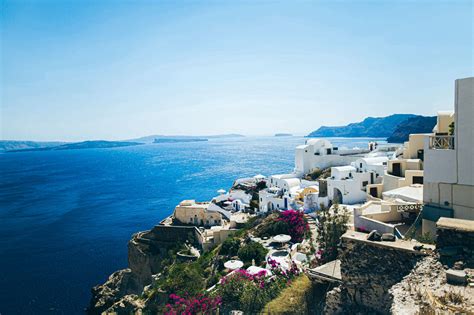
Exploring the Hidden Gems of Athens Riviera: A Guide to Luxurious Neighborhoods
June 3, 2024

Economic Stability and Growth in Turkey
May 31, 2024

Turkey’s Housing Sales Statistics for April 2024: A Comprehensive Analysis
May 24, 2024

BNP Paribas Forecasts End-of-Year USD/TRY Rate
May 3, 2024

Significant Updates to the Greece Golden Visa Program in 2024
April 29, 2024
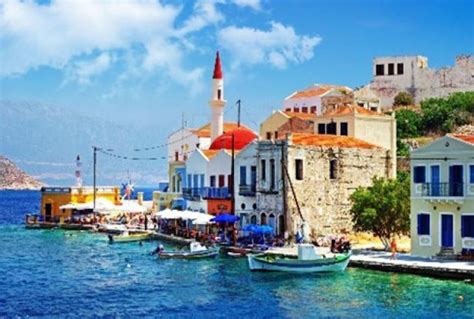
€800,000: New Threshold for Greece’s Golden Visa
February 10, 2024

Golden Visa for Spain
December 27, 2023
